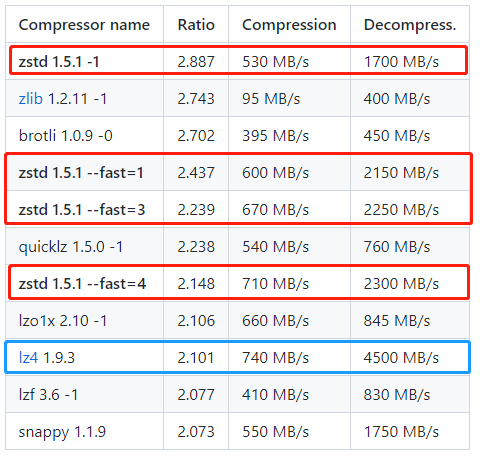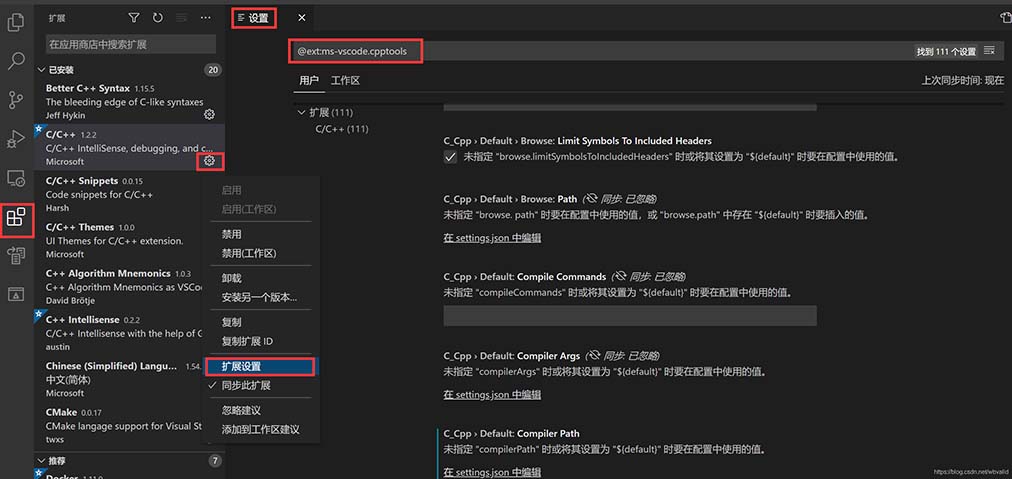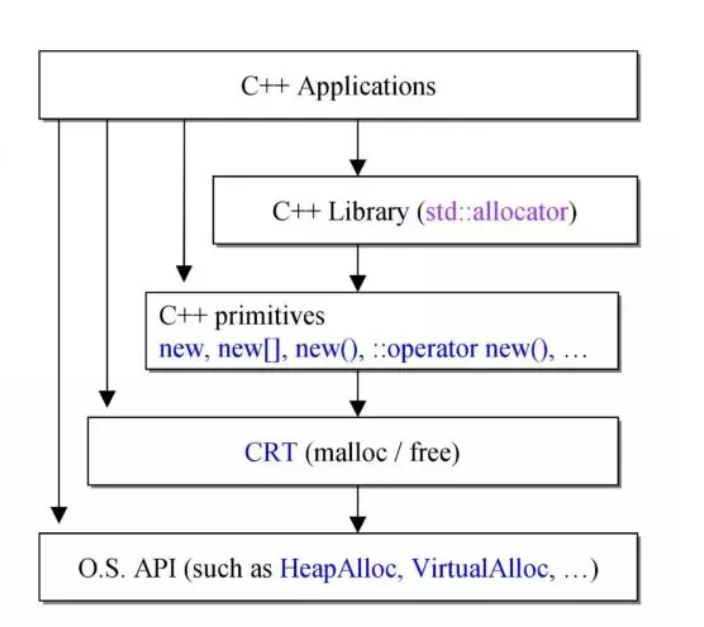我在Ubuntu上使用LibSerial来读取和写入串口数据.目前,我能够通过串口写入和接收字符串,但我的代码不能很好地工作:特别是,我想控制读取功能,以便只有在有东西需要读取时才能读取并且当没有信息要读取时退出,以便发...

我在Ubuntu上使用LibSerial来读取和写入串口数据.
目前,我能够通过串口写入和接收字符串,但我的代码不能很好地工作:特别是,我想控制读取功能,以便只有在有东西需要读取时才能读取并且当没有信息要读取时退出,以便发送另一个命令而不会使流程程序失败.
我想要做:
>写一个命令
>等待答案
>然后写另一个命令
>等待回答
现在,我能够发送第一个命令并在while循环中使用read函数读取答案,但我无法做任何其他事情.
我无法发送第二个命令,因为while循环永远不会退出,所以程序继续读取.
你能帮我吗?
这是我正在使用的代码:
(读写函数位于代码末尾)
#include <SerialStream.h>
#include <iostream>
#include <unistd.h>
#include <cstdlib>
#include <string>
int
main( int argc,
char** argv )
{
//
// Open the serial port.
//
using namespace std;
using namespace LibSerial ;
SerialStream serial_port ;
char c;
serial_port.Open( "/dev/ttyACM0" ) ;
if ( ! serial_port.good() )
{
std::cerr << "[" << __FILE__ << ":" << __LINE__ << "] "
<< "Error: Could not open serial port."
<< std::endl ;
exit(1) ;
}
//
// Set the baud rate of the serial port.
//
serial_port.SetBaudRate( SerialStreamBuf::BAUD_9600 ) ;
if ( ! serial_port.good() )
{
std::cerr << "Error: Could not set the baud rate." <<
std::endl ;
exit(1) ;
}
//
// Set the number of data bits.
//
serial_port.SetCharSize( SerialStreamBuf::CHAR_SIZE_8 ) ;
if ( ! serial_port.good() )
{
std::cerr << "Error: Could not set the character size." <<
std::endl ;
exit(1) ;
}
//
// Disable parity.
//
serial_port.SetParity( SerialStreamBuf::PARITY_NONE ) ;
if ( ! serial_port.good() )
{
std::cerr << "Error: Could not disable the parity." <<
std::endl ;
exit(1) ;
}
//
// Set the number of stop bits.
//
serial_port.SetNumOfStopBits( 1 ) ;
if ( ! serial_port.good() )
{
std::cerr << "Error: Could not set the number of stop bits."
<< std::endl ;
exit(1) ;
}
//
// Turn off hardware flow control.
//
serial_port.SetFlowControl( SerialStreamBuf::FLOW_CONTROL_NONE ) ;
if ( ! serial_port.good() )
{
std::cerr << "Error: Could not use hardware flow control."
<< std::endl ;
exit(1) ;
}
//
// Do not skip whitespace characters while reading from the
// serial port.
//
// serial_port.unsetf( std::ios_base::skipws ) ;
//
// Wait for some data to be available at the serial port.
//
//
// Keep reading data from serial port and print it to the screen.
//
// Wait for some data to be available at the serial port.
//
while( serial_port.rdbuf()->in_avail() == 0 )
{
usleep(100) ;
}
char out_buf[] = "check";
serial_port.write(out_buf, 5); <-- FIRST COMMAND
while( 1 )
{
char next_byte;
serial_port.get(next_byte); HERE I RECEIVE THE FIRST ANSWER
std::cerr << next_byte;
}
std::cerr << std::endl ;
return EXIT_SUCCESS ;
}
解决方法:
我想你只需要使用while(serial_port.rdbuf() – > in_avail()> 0)作为你最后一个while循环的条件.然后它将读出所有可用数据(“回答”),然后您可以发送第二个命令.
本文标题为:使用C/C++和LibSerial在Ubuntu中对串口进行读写


- 详解C语言中sizeof如何在自定义函数中正常工作 2023-04-09
- C++ 数据结构超详细讲解顺序表 2023-03-25
- C语言qsort()函数的使用方法详解 2023-04-26
- C语言详解float类型在内存中的存储方式 2023-03-27
- 我应该为我的项目使用相对包含路径,还是将包含目录放在包含路径上? 2022-10-30
- Qt计时器使用方法详解 2023-05-30
- c++ const 成员函数,返回一个 const 指针.但是返回的指针是什么类型的 const? 2022-10-11
- C语言手把手带你掌握带头双向循环链表 2023-04-03
- Easyx实现扫雷游戏 2023-02-06
- ubuntu下C/C++获取剩余内存 2023-09-18









